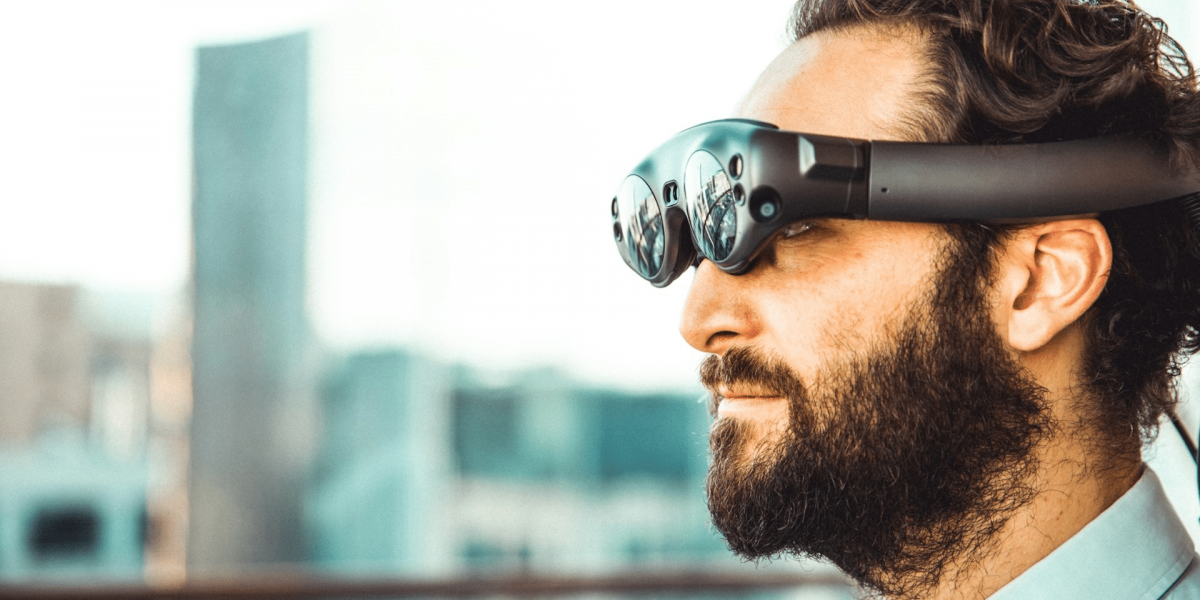Augmented reality (AR) has emerged as a transformative technology with the potential to revolutionize various industries and enhance the way we interact with the world around us. From gaming and entertainment to retail and education, AR offers endless possibilities for innovation and engagement. In this article, we’ll explore how augmented reality can be implemented in Portland, Oregon, to enhance experiences, drive economic growth, and create new opportunities for businesses and residents alike.
Understanding Augmented Reality
Before diving into its implementation, let’s briefly define augmented reality. Augmented reality is a technology that overlays digital content, such as images, videos, and 3D models, onto the real world, blending virtual elements with the physical environment in real-time. Unlike virtual reality, which immerses users in a completely digital environment, AR enhances the real world by adding digital layers of information and interactivity.
Enhancing Tourism and Cultural Experiences
Portland is known for its vibrant arts scene, rich cultural heritage, and stunning natural landscapes. Augmented reality can enhance tourism experiences by providing visitors with immersive and interactive experiences that bring the city’s history, culture, and landmarks to life. For example, AR apps could offer virtual guided tours of historic sites, interactive exhibits at museums, or digital art installations in public spaces, allowing visitors to explore Portland’s attractions in a whole new way.
Driving Retail Innovation
Augmented reality has the potential to revolutionize the retail industry by transforming the way consumers shop and interact with products. In Portland, AR could be implemented in retail stores to offer virtual try-on experiences for clothing and accessories, interactive product demonstrations for electronics and home goods, or immersive previews of furniture and decor. By allowing customers to visualize products in their own space before making a purchase, AR can enhance the shopping experience and increase confidence in buying decisions.
Improving Urban Planning and Design
As a growing city with a diverse range of neighborhoods and urban spaces, Portland can benefit from the implementation of augmented reality in urban planning and design. AR technology can be used to visualize proposed developments, infrastructure projects, and public spaces, allowing city planners, architects, and residents to see how changes to the built environment will impact the cityscape. By creating virtual mock-ups and simulations, AR can facilitate more informed decision-making and community engagement in the planning process.
Enhancing Education and Learning
Augmented reality has the potential to revolutionize education by providing immersive and interactive learning experiences that cater to diverse learning styles and preferences. In Portland, AR could be implemented in schools, libraries, and museums to supplement traditional teaching methods with digital content and simulations. For example, students could use AR apps to explore historical events, scientific concepts, or cultural phenomena in a hands-on and engaging way, making learning more enjoyable and effective.
Fostering Community Engagement
Augmented reality can also foster community engagement by providing residents with opportunities to connect, collaborate, and participate in local events and initiatives. In Portland, AR could be used to create interactive public art installations, scavenger hunts, or storytelling experiences that encourage residents to explore their neighborhoods, interact with their surroundings, and connect with one another. By leveraging AR technology, cities can create unique and memorable experiences that strengthen community ties and promote civic pride.
Overcoming Challenges and Barriers
While the potential benefits of augmented reality in Portland are clear, there are also challenges and barriers to overcome in its implementation. These may include technological limitations, privacy concerns, and accessibility issues. Additionally, the successful implementation of AR requires collaboration and coordination between government agencies, businesses, developers, and community stakeholders to ensure that initiatives are aligned with the needs and priorities of the city and its residents.
The Potential in Portland
Augmented reality holds tremendous promise for transforming the way we experience and interact with the world around us. In Portland, AR can enhance tourism experiences, drive retail innovation, improve urban planning and design, enhance education and learning, and foster community engagement. By embracing AR technology and exploring its implementation in various sectors, Portland has the opportunity to become a leader in AR innovation and create a more vibrant, connected, and immersive city for residents and visitors alike.









